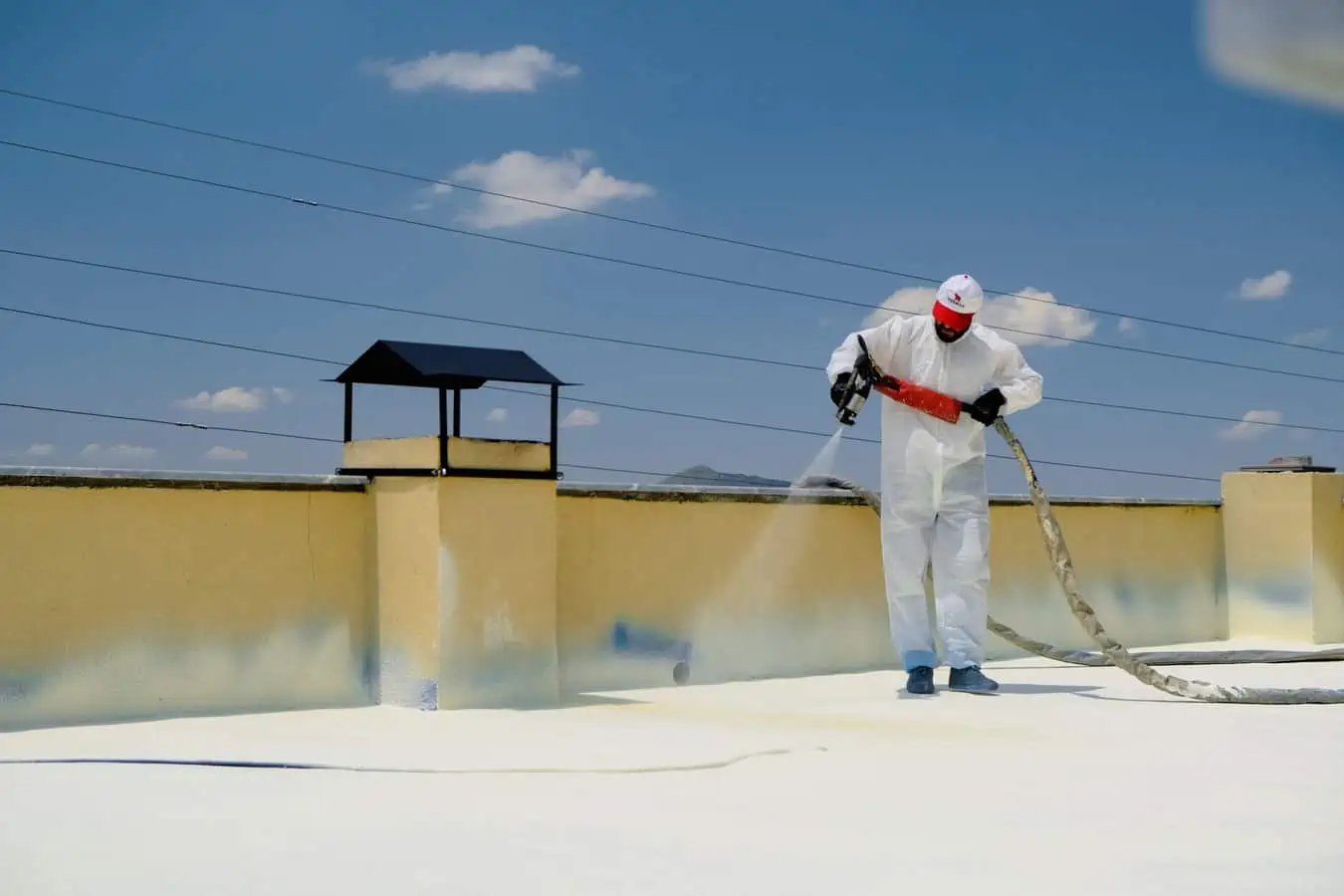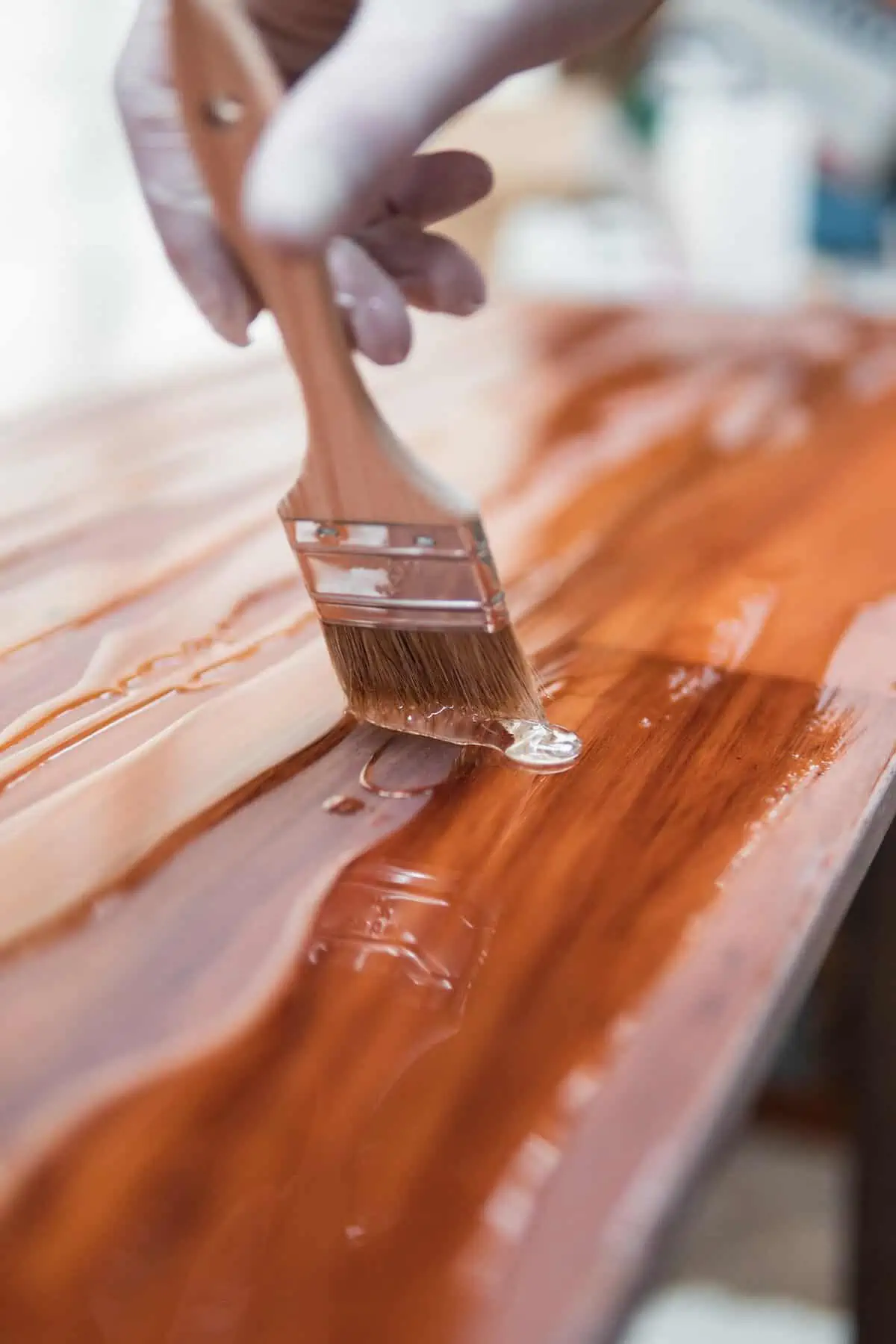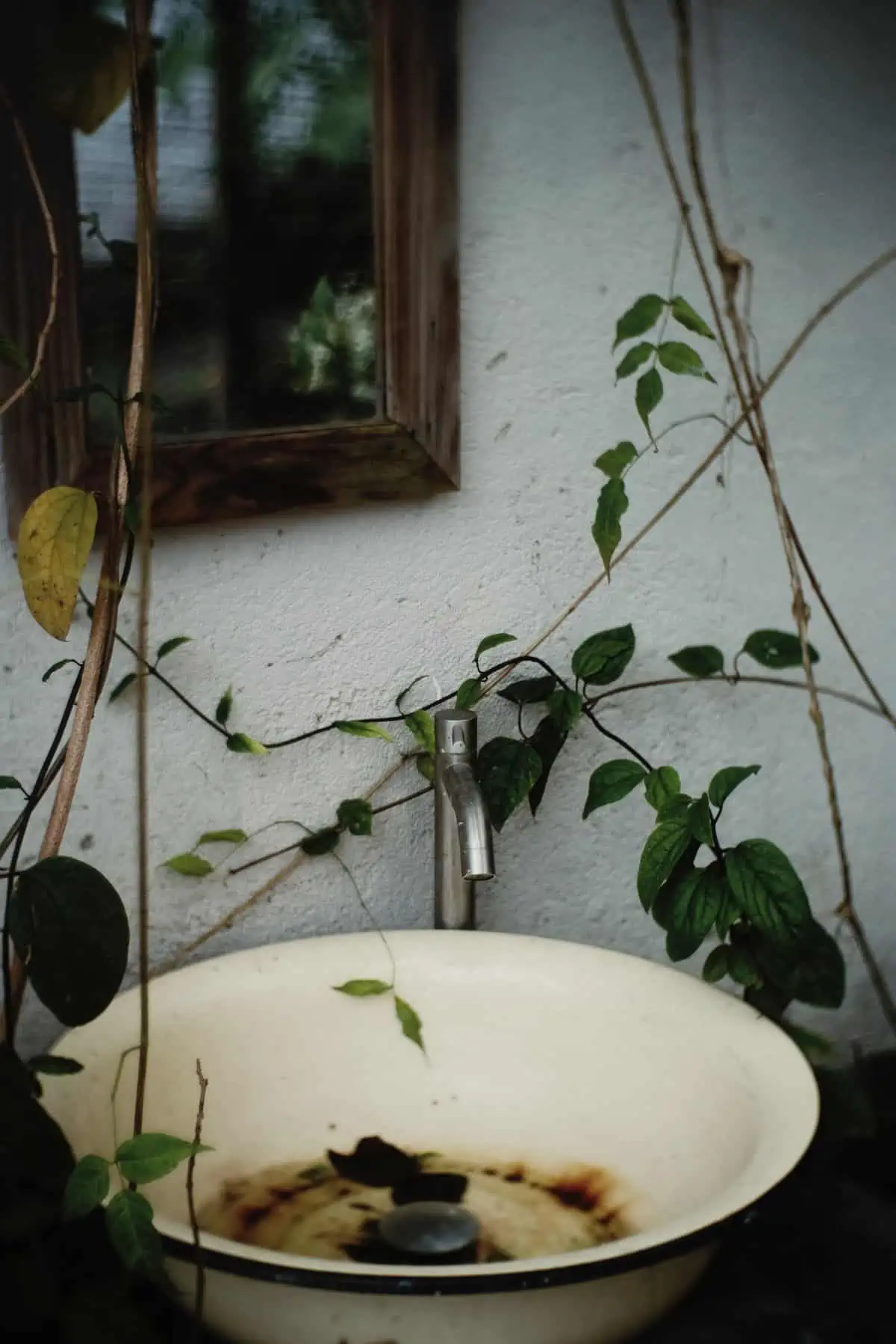When it comes to protective coatings, two popular options that often come up in discussions are polyurea and epoxy. Both offer excellent durability and protective properties, but they have distinct characteristics that make them suitable for different applications. In this article, we will explore the differences between polyurea and epoxy coatings, helping you make an informed decision for your specific project needs.
1. Understanding Polyurea Coatings
Polyurea coatings are a type of elastomer known for their exceptional strength, flexibility, and fast curing times. They are formed by a reaction between isocyanates and amines, creating a durable, seamless, and chemically resistant coating. Here are some key advantages of polyurea coatings:

a. Rapid Cure Time
Polyurea coatings can cure within seconds or minutes, allowing for quicker project turnaround times compared to epoxy coatings.
b. Extreme Durability
Polyurea coatings offer excellent resistance to abrasion, impact, chemicals, and UV rays. They maintain their physical properties even in harsh environments.
c. Seamless and Flexible
Polyurea coatings can conform to different surfaces and maintain their flexibility over a wide temperature range. This flexibility prevents cracking and delamination due to substrate movement.
2. Exploring Epoxy Coatings
The creation of epoxy coatings involves a chemical reaction between epoxide resin and polyamine hardeners. These coatings deliver a durable, glossy finish and are extensively utilized for their exceptional durability and chemical resistance. Take into account the following advantages of epoxy coatings:

a. High Strength and Adhesion
Epoxy coatings form a strong bond with various substrates, providing excellent adhesion and structural integrity.
b. Versatility
Epoxy coatings are available in a range of formulations, allowing for customization based on desired properties such as hardness, flexibility, or chemical resistance.
c. Aesthetic Appeal
Epoxy coatings offer a smooth, glossy finish that enhances the visual appeal of surfaces. They can also be tinted or mixed with decorative elements for a more customized look.
3. Choosing the Right Coating
To determine whether polyurea or epoxy is the right coating for your project, consider the following factors:

a. Time Constraints
If your project requires a fast turnaround time, polyurea coatings are the ideal choice due to their rapid curing properties.
b. Durability Requirements
If your project involves high traffic areas, extreme weather conditions, or exposure to chemicals, polyurea coatings offer superior durability and chemical resistance.
c. Adhesion and Aesthetics
For applications where strong adhesion and aesthetic appeal are important, epoxy coatings excel in providing a glossy, visually pleasing finish.

In the debate of polyurea vs. epoxy coatings, both options have their own strengths and applications. Polyurea coatings are known for their rapid curing time and exceptional durability, making them ideal for demanding projects. On the other hand, epoxy coatings offer versatility, adhesion, and aesthetic appeal. By understanding the unique properties of each coating, you can make an informed decision that aligns with your project’s requirements. Whether you choose polyurea or epoxy, both coatings provide reliable protection and enhance the longevity of surfaces. Consult with a professional coating expert to determine the best choice for your specific needs and achieve optimal results.
Frequently Asked Questions (FAQ’s)
What is polyurea?
Polyurea is a versatile protective coating created by combining isocyanates and amines through a chemical reaction. This coating stands out due to its outstanding durability, flexibility, and quick curing properties, making it an excellent choice for diverse applications that demand reliable protection.
What is epoxy?
Epoxy is a protective coating created by combining epoxide resin and polyamine hardeners. Renowned for its excellent adhesion, chemical resistance, and versatility, it imparts a hard and glossy finish.
What are the key differences between polyurea and epoxy coatings?
Polyurea coatings have rapid cure times, extreme durability, and flexibility. Epoxy coatings offer high strength, versatility in formulation, and a visually appealing finish.
Where can polyurea coatings be used?
In a wide range of industries such as construction, automotive, marine, flooring, and industrial applications, polyurea coatings find common usage. They prove ideal for surfaces that demand high-performance protection against abrasion, impact, chemicals, and UV rays.
What are the typical applications for epoxy coatings?
Epoxy coatings find applications in a wide range of industries and projects, such as garage floors, commercial spaces, warehouses, manufacturing facilities, and decorative coatings. They are ideal for surfaces that require high strength, chemical resistance, and an aesthetically pleasing finish.
Can polyurea and epoxy coatings be applied to different surfaces?
Yes, both polyurea and epoxy coatings can be applied to various surfaces, including concrete, metal, wood, fiberglass, and more. Proper surface preparation is crucial to ensure good adhesion and long-lasting performance.
How long does it take for polyurea coatings to cure?
Polyurea coatings have rapid curing times, typically ranging from a few seconds to several minutes. This quick cure time allows for faster project turnaround compared to epoxy coatings.
What is the curing time for epoxy coatings?
The curing time for epoxy coatings depends on several factors, such as temperature, humidity, and the specific epoxy formulation used. Generally, epoxy coatings can take anywhere from several hours to several days to fully cure and reach their maximum hardness.
Are polyurea and epoxy coatings resistant to chemicals?
Yes, both polyurea and epoxy coatings offer excellent chemical resistance. They can withstand exposure to a wide range of chemicals, including acids, solvents, oils, and more, depending on the specific formulation used.
Is it possible to customize these coatings to suit specific needs?
Both polyurea and epoxy coatings offer the flexibility to customize them according to specific project requirements. Incorporating various additives, pigments, or fillers allows for modifications in properties like hardness, flexibility, color, and texture.
Do polyurea and epoxy coatings require professional application?
Although there are DIY options available, it is advisable to entrust the application of polyurea and epoxy coatings to skilled professionals. Achieving optimal results and ensuring long-term performance require proper surface preparation, application techniques, and the use of appropriate equipment. ensuring long-term performance. Always consult with coating experts or manufacturers for specific recommendations and guidelines based on your project’s requirements.





